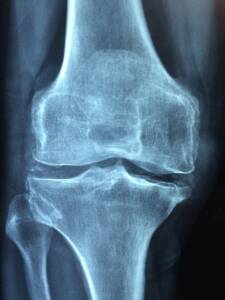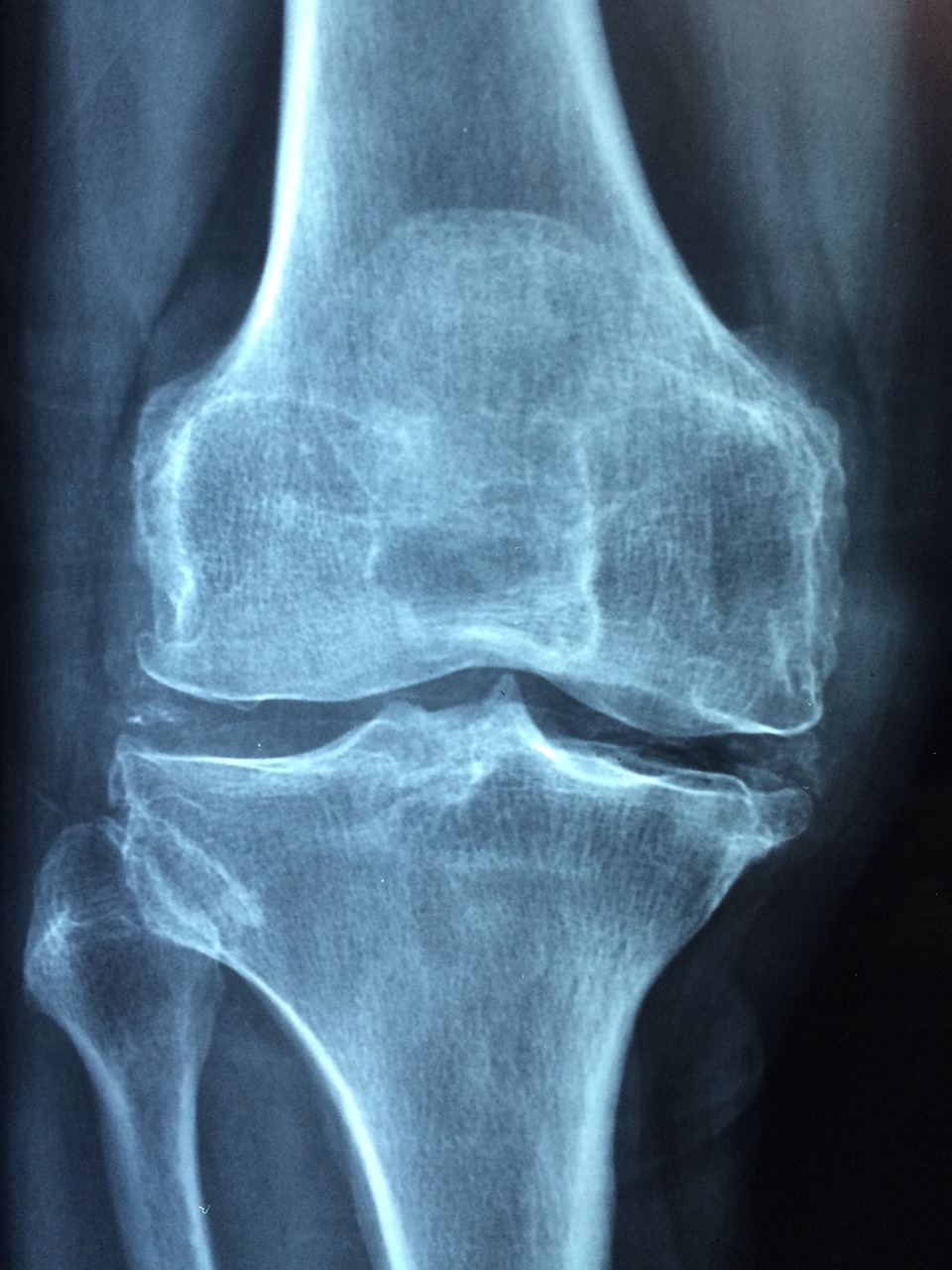What is Rheumatoid Arthritis (RA):
Rheumatoid arthritis (RA) is a chronic autoimmune disease characterized by joint inflammation, pain, and eventual joint damage. While medical treatments are essential for managing RA, dietary and lifestyle factors can also play a significant role in reducing symptoms and inflammation and improving overall quality of life. This article explores the importance of dietary choices and lifestyle modifications in the management of rheumatoid arthritis. Rheumatoid arthritis is a chronic inflammatory disorder that can affect more than just your joints. To know more about acute and chronic inflammation, read this article, Dealing with chronic inflammation – Sparkling Lifestyle
Introduction to Rheumatoid arthritis:
Rheumatoid arthritis is a complex condition that involves the immune system mistakenly attacking the synovium, the lining of the membrane that surrounds the joints. This leads to inflammation, joint pain, and eventually joint damage. While medications such as disease modifying antirheumatic drugs (DMARDs) and biologic agents are the main line of treatment, Patients often seek additional strategies to manage their symptoms and enhance their well-being. Dietary adjustments and lifestyle changes are emerging as important complementary approaches.

Dietary changes for Rheumatoid Arthritis (RA):
Anti-inflammatory foods; Incorporating anti-inflammatory foods into the diet can help reduce inflammation and ease our symptoms. For example, fatty fish is rich in Omega 3 fatty acids (salmon and mackerel), Colorful fruits and vegetables, nuts, seeds, and olive oil. Omega 3 fatty acids have been shown to have anti-inflammatory effects and can help manage RA- related inflammation.
Omega-6 to omega-3 supplements; Balancing the ratio of Omega 6 to Omega 3 fatty acids in the diet is most important. While Omega 6 fatty acids are essential but excessive consumption can promote inflammation. Limit processed foods which can contain high levels of Omega 6 fatty acids from vegetable oils and we should focus on increasing Omega 3 intake.
Fiber-rich foods; A diet high in fiber from whole grains, legumes, fruits, and vegetables can promote gut health and potentially reduce inflammation. A healthy gut microbiome is increasingly recognized as having a positive impact on autoimmune conditions like RA.
Antioxidants rich foods; Antioxidants found in foods like berries, citrus fruits, leafy greens, and colorful vegetables help neutralize free radicals and reduce oxidative stress, which can contribute to inflammation and tissue damage.
Spices and herbs; Turmeric, Ginger and garlic has anti-inflammatory properties. They can add in the diet either through cooking or supplementation.
Limit processed foods and sugar; Processed foods, sugary snacks and beverages high in refined sugars can exacerbate inflammation. They lead to weight gain, which puts additional stress on joints.
Lifestyle changes for Rheumatoid arthritis (RA):
Regular exercise: Engaging in regular physical activity can help maintain joint flexibility, muscle strength and overall fitness. Low impact exercises like swimming, cycling, and walking are often good for RA patients.
Weight management; Maintaining a healthy weight is crucial for RA patients as excess weight can strain joints and exacerbate inflammation. A combination of a balanced diet and appropriate exercise can help achieve and maintain a healthy weight.
Stress management: Chronic stress can trigger RA flares and version symptoms. Techniques such as mindfulness meditation, deep breathing and yoga can help manage stress and improve overall wellbeing.
Adequate rest; Getting enough quality sleep is essential for managing pain and inflammation associated with RA. Establishing a regular sleep pattern and creating a comfortable sleep environment can promote restful and peaceful sleep.
Joint protection; Learning proper joint protection techniques can help minimize strain on affected joints and prevent further damage.
Quit smoking; Smoking increases risk of developing RA and can worsen symptoms in those who already have the symptom. Quitting smoking can improve overall health and RA outcomes.
Conclusion:
When rheumatoid arthritis is a complex autoimmune condition that requires medical management, adopting a holistic approach. They both include dietary adjustments and positive lifestyle changes can significantly impact symptoms, severity, and overall quality of life. A diet rich in anti-inflammatory and omega-3 fatty acids foods can help reduce inflammation and oxidative stress. Incorporating regular exercise, maintaining a healthy weight, managing stress, and practicing joint protection techniques can contribute to improved joint function. It is important for people with RA to work closely with their rheumatologist and dietitian to Identify dietary and lifestyle recommendations. To know more about overall wellness, read my latest book, the magical ways for sparkling lifestyle.



Leave a Comment